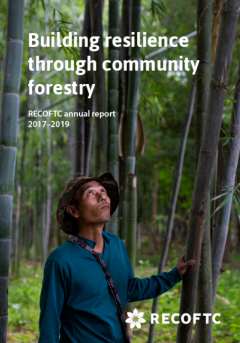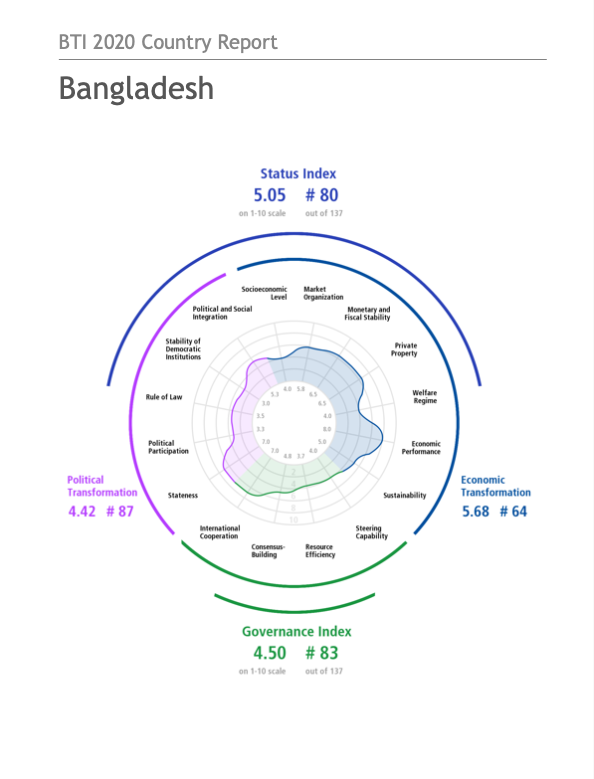Revisiting the Determinants of Pro-Environmental Behaviour to Inform Land Management Policy: A Meta-Analytic Structural Equation Model Application
Environmental policies in the realm of land management are increasingly focussing on inducing behavioural change to improve environmental management outcomes. This is based, implicitly or explicitly, on theories that suggest that pro-environmental behaviour can be understood, predicted and altered based on certain factors (referred to as determinants of pro-environmental behaviour). However, studies examining the determinants of pro-environmental behaviour have found mixed evidence.





